Our History
With its origins dating to 1939, the Hudson-Webber Foundation has played an integral role in supporting the economic and civic vitality of the City of Detroit. The Foundation’s investments and priorities are heavily rooted in the history and traditions that make Detroit unique, the same factors that have made it the vibrant city that it is today.
Years of Change
The work of the Foundation is best understood through the historical lens of the City of Detroit. Over the past 80 years, Detroit has experienced profound change. Perhaps unlike any other U.S. city, Detroit has exemplified national trends at the intersection of policy, race, and economics.
In the post-World War II era, Detroit Was a major American economic engine by way of the automotive industry and other manufacturing. As Detroit blossomed into a bustling metropolis, its cultural scene flourished as well, and it became known as the “Paris” of the West.
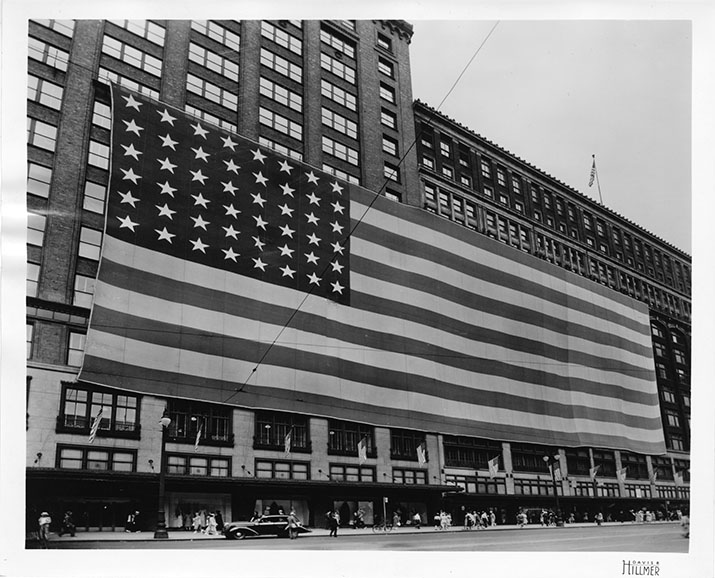
Because of its economic reliance on the auto industry and manufacturing, Detroit has been a “bust and boom” city, with extended periods of deep economic retraction followed by economic expansion. The exodus of residents from the city contributed to growing racial segregation, declines in the tax base, and an era of significant economic underinvestment in Detroit by the State of Michigan during the 1970s and beyond.
In recent history, the bust and boom cycle was illustrated through the Detroit bankruptcy. A fiscal emergency manager was appointed to lead the city through federal Chapter 9 bankruptcy, which was completed in 2013.
Detroit Resilience
Detroit has a rich history of activism and social justice movements, dating back to the early twentieth century. During the Great Migration, which saw thousands of African Americans move to northern cities from the South, Detroit became a center of the Civil Rights Movement. In the 1930s and 1940s, labor activists and unions played a significant role in the city's political and social landscape, with the United Auto Workers (UAW) union playing a major role in the city's economy. The 1967 Detroit uprising, sparked by longstanding issues of police brutality and racial inequality, also brought national attention to the city's struggles and led to changes in local and national policies.
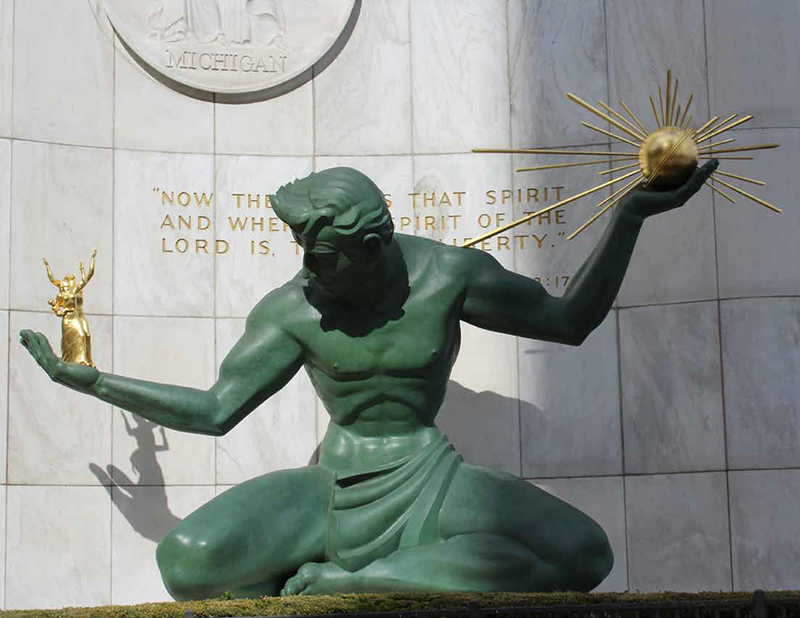
Despite its changing fortunes, Detroit has had an outsize impact on American and global culture, particularly through its contributions to music. In the 1950s and 1960s, Detroit was the home of Motown Records, which produced some of the most iconic soul and R&B music of the era. In the decades that followed, Detroit continued to be a center of musical innovation, particularly in the genre of electronic music. Detroit's cultural impact extends beyond music as well. The city has been home to many influential artists, writers, and filmmakers as well as outstanding institutions such as the Detroit Institute of the Arts, the Charles H. Wright Museum of African American History, and the Detroit Symphony Orchestra. The city's unique history and struggles have also been the subject of many works of art and literature.
The Road Ahead
In the post-pandemic era, Detroit has experienced an increase in its tax base, rising home values, lower unemployment rates, and a poverty rate that is the lowest it has been in 17 years. That progress is significant but uneven across the city’s population, as the COVID-19 pandemic revealed and exacerbated persistent structural barriers affecting marginalized communities of color. Detroit’s future trajectory will rely on committed stakeholders working together on intentional efforts to achieve inclusive economic growth.
Foundation Origins
History of the J.L. Hudson Company and The Hudson Webber Foundation
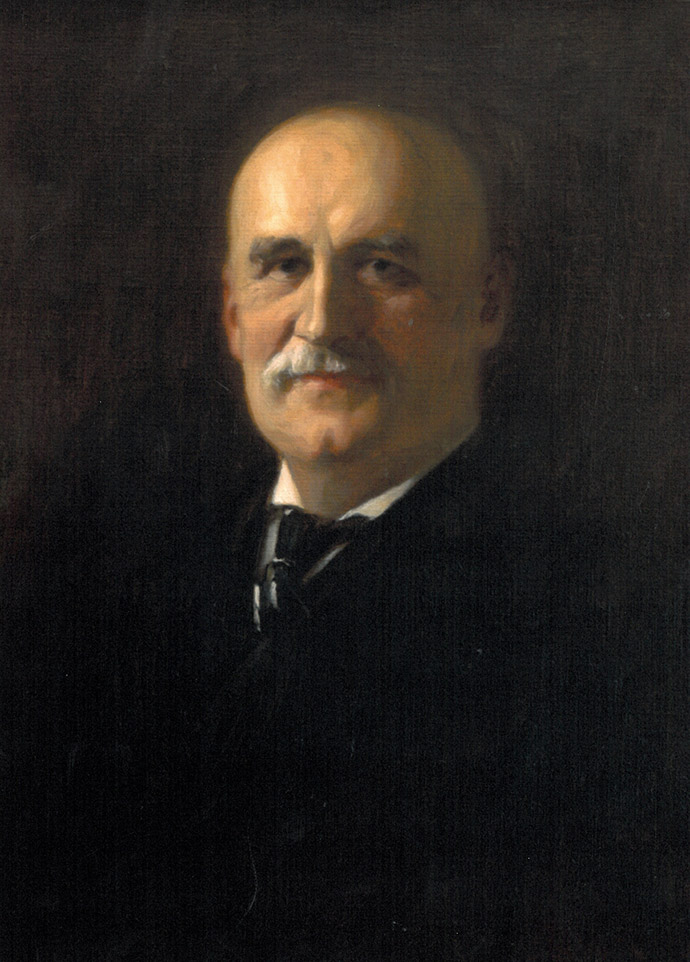
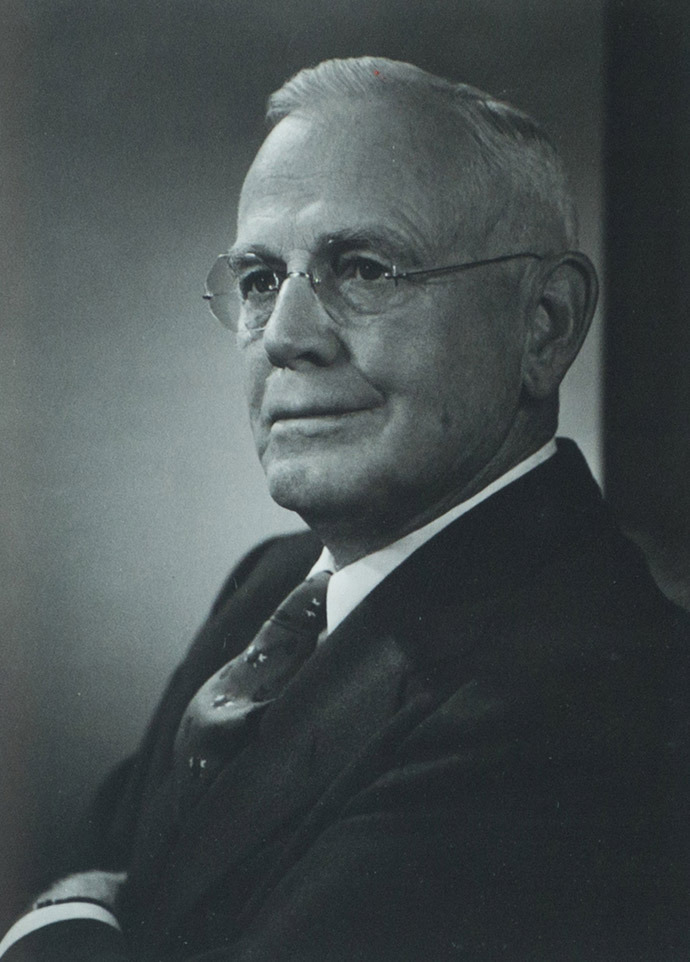

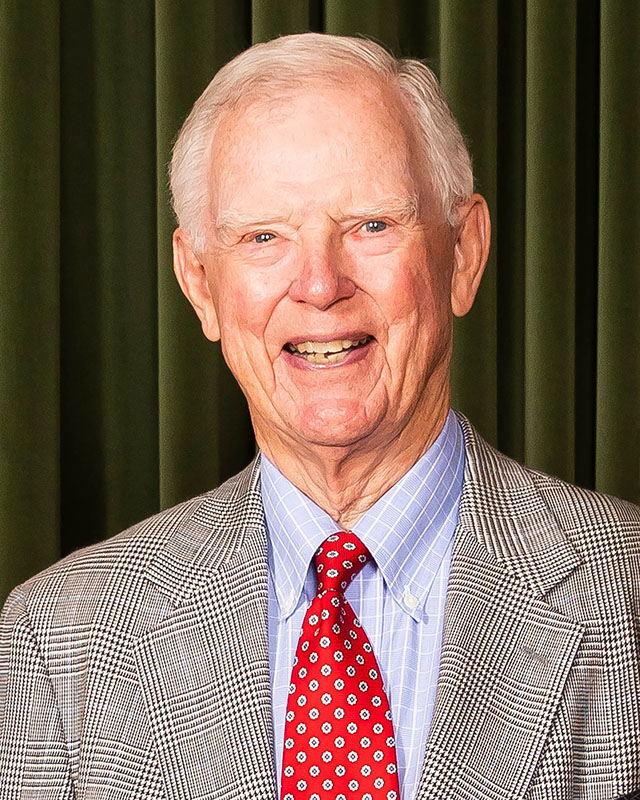
1881 - Joseph L. Hudson, who had emigrated from England as a child, opens a small men’s and boys’ store in Detroit called the J. L. Hudson Company, which grew to be the city’s largest department store. While growing his business, Hudson developed a strong commitment to Detroit’s charities, civic boards and committees.
Hudson, who never married, trains the four sons of his sister, Mary, and her husband, Joseph T. Webber, as merchants, preparing them for future management responsibilities and instilling in them a strong sense of social responsibility.
1912 - Upon Hudson’s death, the Webber brothers inherit the majority of the company’s stock. Richard H. Webber becomes President, James B. and Joseph L. Webber become the Merchandise Directors, and Oscar Webber becomes the General Manager.
Under the Webber brothers’ management, the company continues to expand while pioneering new merchandising approaches. During their lifetimes, they grew the company into one of America’s most important department store chains, including several of the world’s largest shopping centers.
1939 - Eloise and Richard Webber provide substantial gifts to establish the Eloise and Richard Webber Foundation. Their daughters – Jean Webber Sutphin and Mary Webber Parker – and Richard’s sister, Louise Webber O’Brien, also provide important contributions.
1943 - The Hudson-Webber Foundation is founded with major gifts provided by the J.L. Hudson Company and Richard, Joseph and Oscar Webber. Significant contributions are also provided by company employees and other members of the family.
1960 - The Richard H. and Eloise Jenks Webber Charitable Fund Inc. is established.
1984 - The three foundations merge to become the Hudson-Webber Foundation. Gilbert Hudson is named the Foundation’s inaugural President & CEO, and Joseph L. Hudson Jr., is named Chairman of the Board.
Since its inception, the Hudson-Webber Foundation has had a steadfast commitment to the city of Detroit, investing in economic development, arts and culture, and other initiatives to enhance the quality of life for Detroiters.


